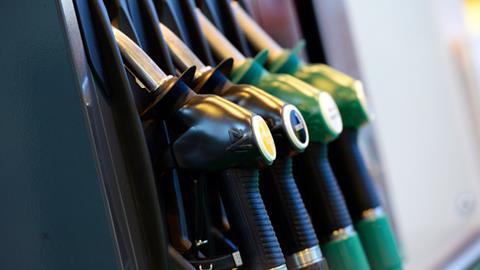
The cost of petrol and diesel fell for the fourth consecutive month in February, according to RAC Fuelwatch.
February saw the average price of a litre of petrol come down another penny (1.26p) to 147.72p, while diesel dropped 3.19p to 167.19p.
However, the RAC claimed drivers of diesel vehicles are being overcharged because despite there being a 6ppl difference between the wholesale prices of both diesel and petrol throughout all of February, diesel pump prices are currently 20ppl more than petrol.
The RAC also warned that prices will jump up in two weeks times unless the Chancellor decides to keep the 5ppl duty cut put in place a year ago, by cancelling the annual planned hike at the Spring Budget on 15 March.
If the duty cut is terminated the RAC says current average petrol prices would rise to 153.72ppl and diesel to 173.19ppl when factoring in VAT.
RAC fuel spokesman Simon Williams said: “A reduction in pump prices would normally be extremely welcome news for drivers, not least in a cost-of-living crisis that is making the price of so many everyday items and services much more expensive than normal. But while our analysis shows drivers of petrol cars are paying a fair price at the pumps, the same sadly can’t be said for anyone whose vehicle runs on diesel.
“Retailers really ought to demonstrate they’re on the side of drivers by cutting their diesel prices now – not least as the wholesale price is on a par with where it was 12 months ago, yet the price they’re charging drivers at the pumps remains needlessly high.
“All eyes are now on what the Chancellor decides to do with fuel duty at the Budget in just two weeks’ time. While we accept the 5ppl cut introduced last year can’t last forever, with household finances under even more pressure this Spring than they were a year ago, we don’t think now is the time to be removing it.
“To decide to raise prices by 5ppl on both fuels would prove punishing to households and businesses struggling to make ends meet, and may have a detrimental effect on both inflation – which the government is desperate to bring down – and the wider economy. In the case of diesel, it would also mean the UK has the highest fuel duty rate in the whole of Europe.
“We also hope Mr Hunt isn’t about to become the first Chancellor in 12 years not to cancel the annual planned fuel duty rise. If he were to go ahead with it, untold damage could be caused.”





















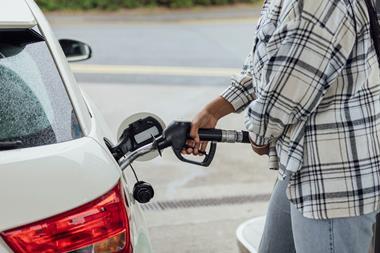
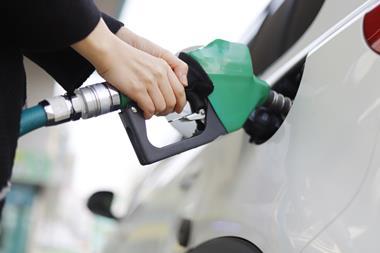

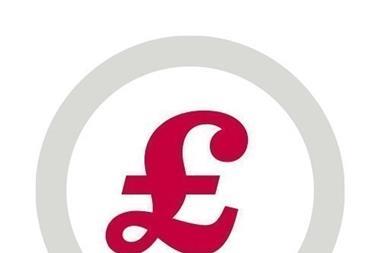
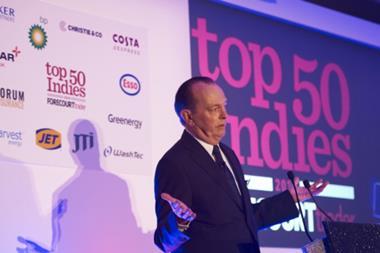







No comments yet